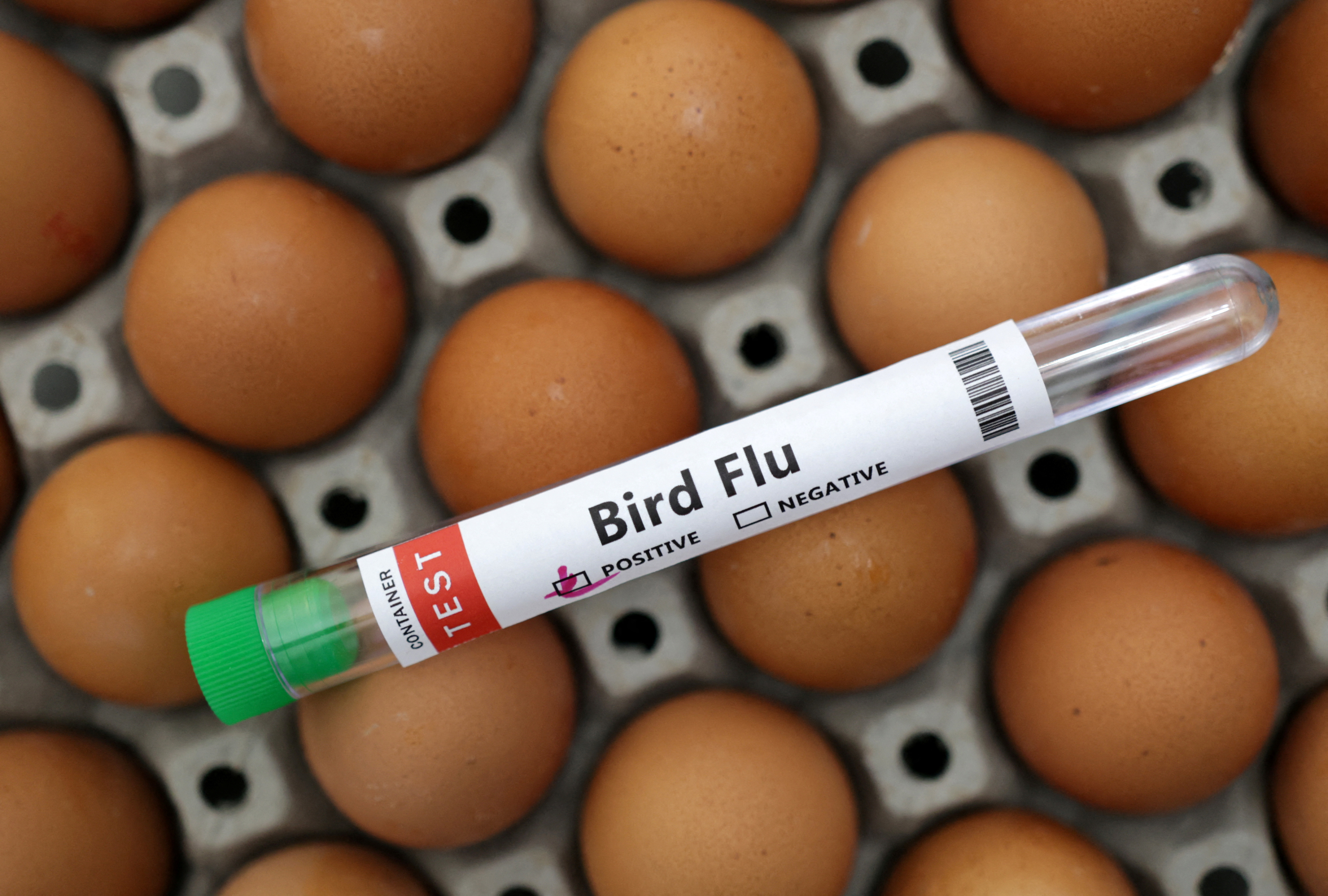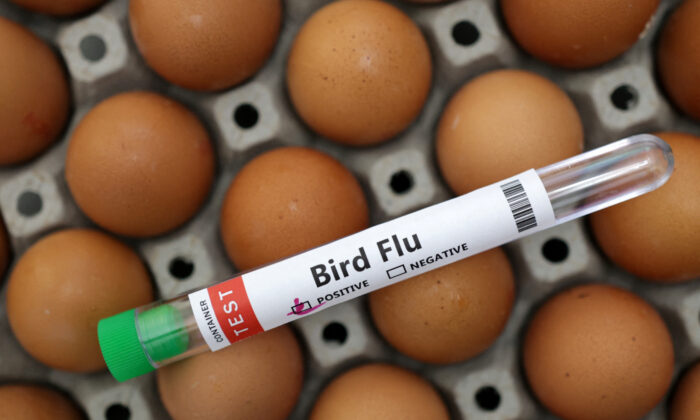
Restrictions have been imposed at a Victorian farm to control the movement of poultry, equipment, and vehicles.
Bird flu has been detected at a second farm in Victoria and a poultry operation in Western Australia.
Avian influenza related to the initial Victorian farm has been found at a farming property in Terang, southwest of Melbourne.
This property has been quarantined, with “control orders” limiting the movement of poultry, equipment, and vehicles in specific areas.
In Western Australia, a less severe strain of the virus, H9N2, has been identified in the southwest region.
Following the detection of the highly pathogenic H7N3 avian flu strain at a poultry farm near Meredith in regional Victoria, a separate case has now been reported in a child in Victoria.
The second location in Victoria is directly connected to the property where the initial bird flu case was found, as confirmed by Agriculture Victoria.
Victoria’s Chief Veterinarian Graeme Cooke emphasized that cases of human influenza from infected animals are rare but not impossible.
He assured consumers that eggs and poultry products from supermarkets are safe for consumption and do not pose a risk.
Agriculture Victoria staff are working to support businesses, contain, and eradicate the virus.
Poultry owners in Restricted and Control Areas are urged to comply with restrictions and report any unexplained bird deaths to help suppress and eliminate the outbreak.
Thousands of birds in Victoria have been culled to prevent the spread of bird flu following its detection on the two farms.
Meanwhile, in Western Australia, the outbreak in the southwest is unrelated to Victoria and less severe than the strain found in Victoria.
Katie Webb, WA Primary Industries acting department chief veterinary officer, stated that the affected property is under a pest control notice to manage movement on and off the premises.
Testing confirmed that this is not the highly pathogenic H5 strain discovered overseas or the H7 strain found in Victoria.
Owners of poultry, including backyard chickens and aviary birds, are reminded to follow biosecurity measures to reduce contact with wild birds and minimize the risk of introduction.
Victorian Health Department Recommends Flu Vaccine
After the first human case of bird flu in Victoria, the Health Department suggests taking the seasonal flu vaccine.
A child in Victoria was diagnosed with the H5N1 strain in March, which was contracted overseas but has since recovered.
Contact tracing has not identified any additional cases connected to the initial case, and there is no evidence of community transmission at this stage.
The department reassured the community that the bird flu strain found in Victoria differs from that discovered in the United States.
“The United States of America is currently experiencing outbreaks of HPAI (H5N1) in dairy cows, with one recent human case in a dairy worker. Whilst the Victorian case is HPAI (H5N1), it is not the same as the strains that have caused these outbreaks in the United States of America,” the department said.
Health authorities recommended the seasonal flu vaccine to reduce the risk of new mutated viruses or a potential pandemic.
“The seasonal flu vaccine doesn’t protect against avian influenza but can prevent the mixing of highly pathogenic avian influenza with seasonal influenza, which could lead to new mutated viruses spreading rapidly,” health authorities said.
“This underscores the importance of seasonal influenza vaccination, especially for poultry workers and travelers to outbreak areas, to reduce the risk of new human pandemic viruses emerging.”
The department advised the flu vaccine for all individuals aged six and above.
“Influenza vaccination can be administered on the same day as COVID-19 vaccines and other vaccines,” the Victorian health advisory stated.
Reacting to the bird flu detection in Victoria, Australian National University’s Associate Professor Sanjaya Senanayake expressed concern about the potential for a future pandemic related to bird flu.
“Despite ‘COVID fatigue’ and reluctance to hear about another pandemic, the next one could be imminent, with bird flu being a likely contender. Unlike the early days of COVID, there are already human vaccines and antivirals available for H5N1,” she said.






